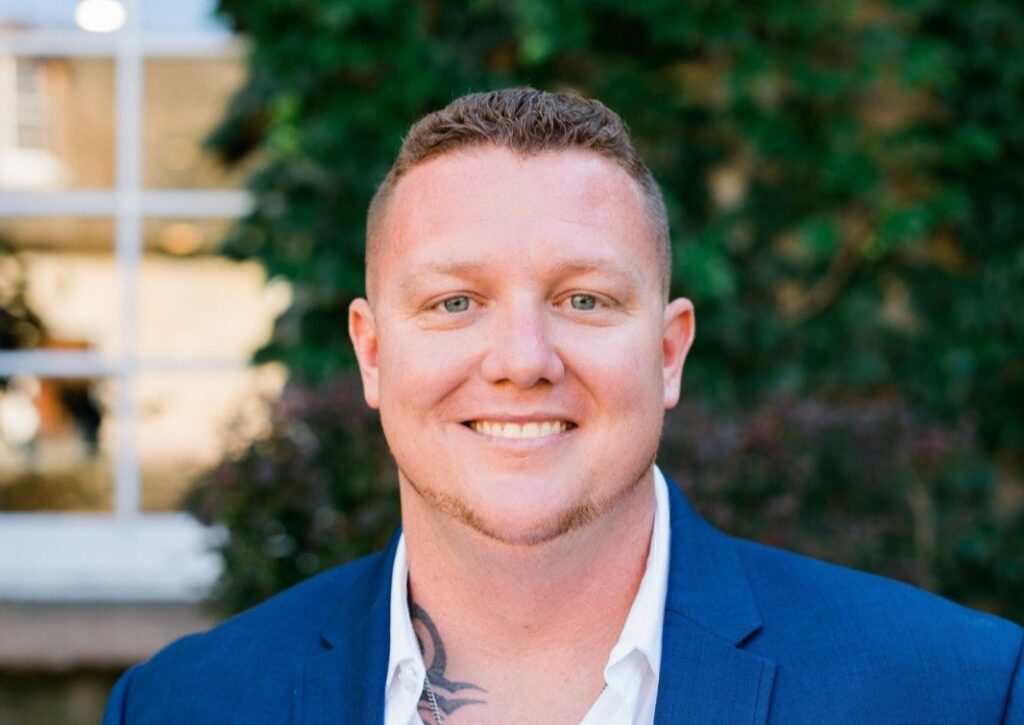From the depths of addiction to founding a mental health nonprofit, Scott shares his difficult journey.
Scott is the founder of the nonprofit Hard Hat Peer Support and Mental Health, focused on providing mental health support to those working within the construction industry. He is possibly the first ever ‘industrial social worker,’ as he puts it, finding ways to challenge norms and connect with people in a culture that often resists talking about feelings.
His journey to this place of service was a dark and painful one. He grew up on a farm in small town Ontario, in a family that rarely—if ever—talked about their emotions or problems. From an early age, Scott was exposed to many traumatic events, ranging from death among family and friends, to his parents’ difficult divorce.
I was the baby who was supposed to be the glue to hold the family together. And ultimately, that didn’t happen. I had no idea the pressure that was put on me from day one. Growing up, I felt like a fish out of water, I was trapped in myself and didn’t have any outlets.

In Grade 8, he got his first taste of self-medication with alcohol, and he was hooked. “The relief was unimaginable,” he remembers. “And I had no idea—being a kid—that this was going to turn into something that could potentially kill me.” By Grade 11, he was using amphetamines and opioids. His struggles continued to get worse for many years.
Scott also started getting to know many others who used and struggled with drugs. Scott can remember 17 people close to him who passed away from drug poisoning or suicide. “Not to be morbid,” he says, “but death surrounded me. And it was unfortunate, but at the same time it became a source of motivation.”
One loss in particular was a serious wake-up call for Scott. “In 2008, I decided to get sober,” he says. “Part of getting sober is looking back and thinking to myself, why did I make it through? I made it through for a reason. I joined a 12-step program, I started to help people and sponsor guys, and I started to fall in love with the work. And that’s what led me back.”
Today, in addition to running Hard Hats, Scott owns his own construction company. He’s in school studying psychology and social work, with a plan to get a master’s degree. He’s also on the opioid advisory committee with the Infrastructure Health and Safety Association.
“Doing this allows me to give back to the 17 individuals who didn’t make it,” he says. “That’s really what it comes down to, I’m here for a reason.”